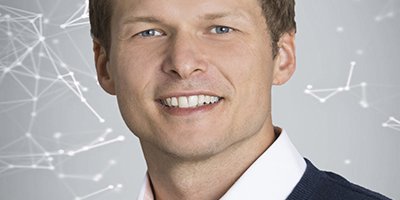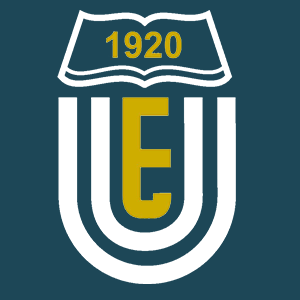Семінар професора Prof. Stafan Wuttke (Basque Center for Materials, Applications and Nanostructures)
Лют. 15, 2023

Запрошуємо здобувачів вищої освіти кафедри хімічної інженерії та екології, що навчаються за спеціальністю Хімічні технології та інженерії і не тільки, скористатися можливістю спілкування і прослухати лекцію Prof. Stafan Wuttke (Basque Center for Materials, Applications and Nanostructures). Його дослідження зосереджені на всіх аспектах хімічної інженерії внутрішньої та зовнішньої поверхні пористих гібридних об'ємних та наноматеріалів, а також на вивченні "матеріалів за межами".
Наступного тижня, 21 лютого 16-00, відбудеться семінар Prof. Stafan Wuttke.
Тема семінару: Reticular Nanoscience: Bottom-Up Assembly Nanotechnology.
Лекція присвячена хімії металоорганічних і ковалентних органічних структур (МОF і COF) яка є, мабуть, найрізноманітнішою і всеосяжною серед всіх хімічних напрямків, а також дає потужні прикладні результати при поєднанні з нанотехнологіями.
Zoom link:
Join Zoom Meeting
https://us02web.zoom.us/j/4590042894?pwd=dEZzSjlMbEdkQnhNODZYYjJoekVPUT09
Meeting ID: 459 004 2894
Passcode: Ch24022022
Chairman: Prof. Valentyn Chebanov
Lecture abstract:
The stresses facing our planet present difficult science and engineering problems to solve as they require, among many aspects, the selective capture of small molecules (e.g. hydrogen, methane, carbon dioxide, and water). Our ability to capture, store, manipulate, and harness the power of these molecules in an efficient and economical manner is paramount to our success in building a sustainable future. The emerging field of reticular chemistry and materials has yielded extensive classes of nanoporous metal-organic frameworks and covalent organic frameworks. The flexibility with which these materials can be made, modified, and scaled bodes well for their integration into devices and providing robust solutions to these challenges.
In this presentation, I will highlight how thirty years of establishing the basic science of reticular materials has led us to carbon capture from air and flue gas, and harvesting water from air to produce drinking water in various parts of the world regardless of temperature and humidity levels. Our efforts in taking this technology from the laboratory to the field including the design and engineering of prototypes will be discussed and the results presented. The establishment of MOFs and COFs as a global research activity has led to infinite number of materials which when coupled with engineering of devices offer new, unparalleled opportunities for solving the three stresses facing our planet.
Contact us: chebanov@gmail.com; info@isc.kh.ua
